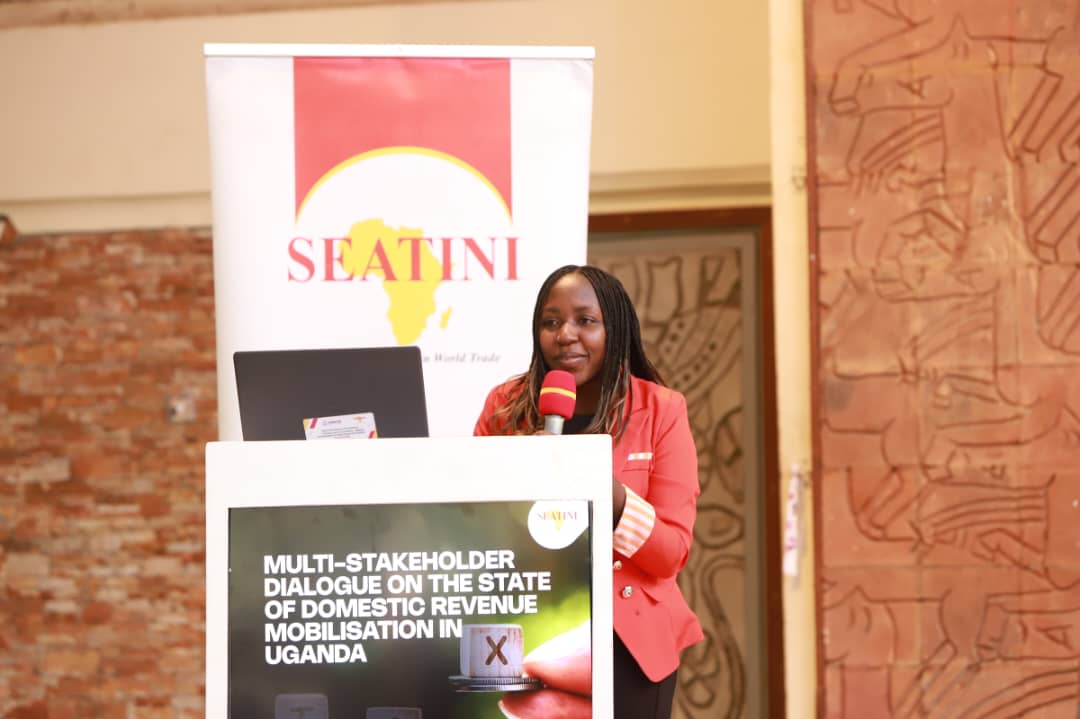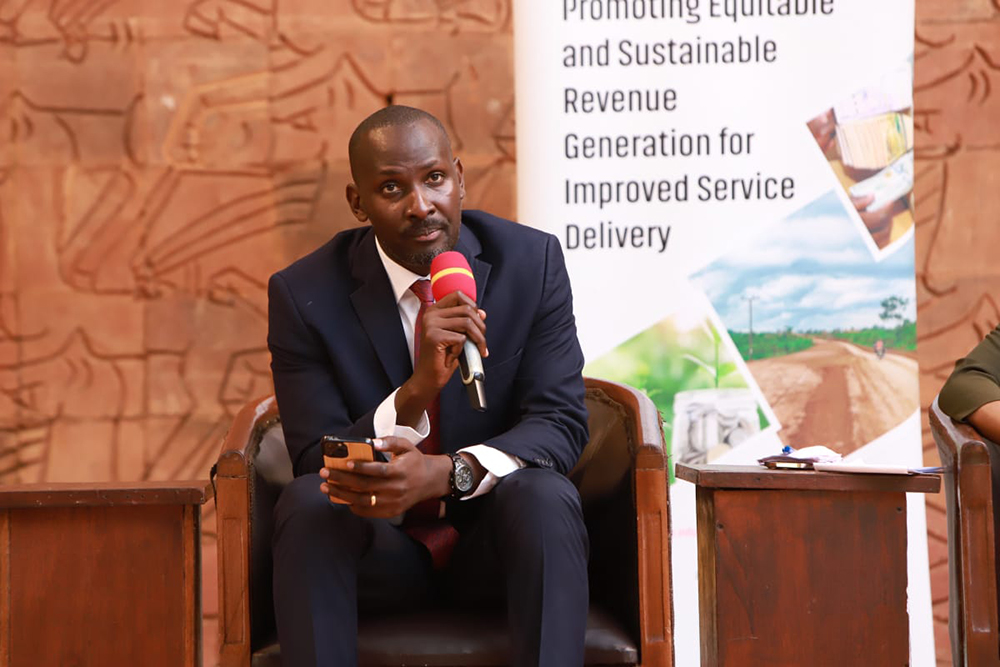Experts propose reforms for fairer taxation
“Limited transparency on how taxes are used, poor quality public services, and delayed revenue remittances to local governments reduce citizens’ willingness to pay taxes,” Tumuhe said.
Members who participated in the multi-stakeholder dialogue on strengthening domestic revenue mobilisation pose for a photo. (Courtesy photos)
By Ali Twaha
Journalists @New Vision
________________
Policy analysts and civil society organisations have urged the government to enhance tax education among key players in the informal sector to demonstrate the direct link between compliance and public service.
The policy analysts also urged the government to disincentivise corruption through heavy penalties, asset withholding, and promoting cashless transactions.
The remarks were made during a multi-stakeholder dialogue, organised by SEATINI, which brought together civil society, academia, parliamentarians, and local government officials to confront the nation's persistent challenges in domestic revenue mobilisation.
According to Hilda Tumuhe, a policy analyst at SEATINI, the current disconnect, where citizens often do not see their taxes translated into improved social services and infrastructure, undermines their willingness to pay.
Hilda Tumuhe, a policy analyst at SEATINI.
“Limited transparency on how taxes are used, poor quality public services, and delayed revenue remittances to local governments reduce citizens’ willingness to pay taxes,” Tumuhe said.
Experts said informal sector players such as hawkers, boda-boda riders, artisanal miners, and stock dealers need tax education in order to comply.
The discussion also brought to the fore the gendered impacts of tax policies, with women often disproportionately affected due to their prevalence in the informal sector and lower earning capacities.
“Government should create a gender data dashboard, track women’s participation in tax initiatives, measure the impact of training and policies on women-owned businesses, and tailor support such as SME helpdesks and mobile clinics to women entrepreneurs” Rehema Kahunde, a research analyst at Economic Policy Reserach Center (EPRC), said.
David Walakira, the Public Financial Management (PFM) Specialist at the Local Government Finance Commission said the Commission is spearheading efforts to overcome these hurdles to limited capacity and transparency that impede effective revenue collection.
David Walakira, Public Financial Management (PFM) Specialist.
“The Integrated Revenue Administration System (IRAS) now operates in 166 local governments and will be the sole automation platform for mobilising and administering local revenues from FY 2025/26, enhancing transparency, accountability, and real-time tracking,” he said.
